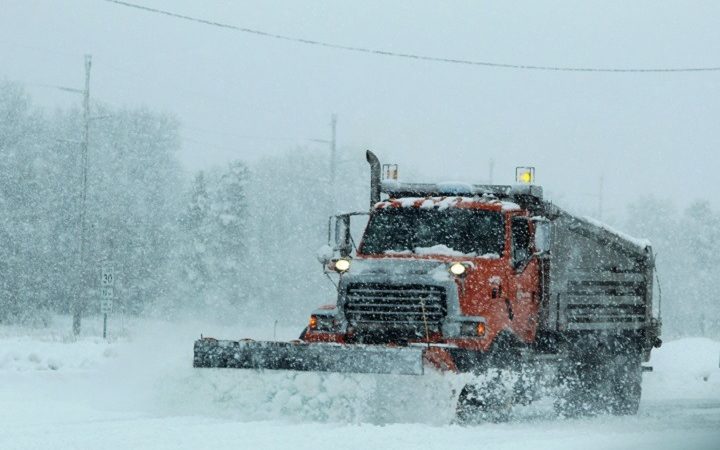Item Link: Access the Resource
Year of Publication: 2019
Author(s): Somini Sengupta
Newspaper: The New York Times
In Chicago, officials warned about the risk of almost instant frostbite on what could be the city’s coldest day ever. Warming centers opened around the Midwest. And schools and universities closed throughout the region as rare polar winds streamed down from the Arctic.
At the same time, on the other side of the planet, wildfires raged in Australia’s record-breaking heat. Soaring air-conditioner use overloaded electrical grids and caused widespread power failures. The authorities slowed and canceled trams to save power. Labor leaderscalled for laws that would require businesses to close when temperatures reached hazardous levels: nearly 116 degrees Fahrenheit, or 47 Celsius, as was the case last week in Adelaide, the capital of South Australia.
This is weather in the age of extremes. It comes on top of multiple extremes, all kinds, in all kinds of places.
“When something happens — whether it’s a cold snap, a wildfire, a hurricane, any of those things — we need to think beyond what we have seen in the past and assume there’s a high probability that it will be worse than anything we’ve ever seen,” said Crystal A. Kolden, an associate professor at the University of Idaho, who specializes in wildfires and who is currently working in Tasmania during one of the state’s worst fire seasons.
Is it climate change?
Heat and drought extremes are consistent with scientific consensus: More greenhouse gas emissions in the atmosphere bring a greater likelihood of abnormally high temperatures. Also, broadly speaking, scientists say, a hotter planet makes extreme weather more frequent and more intense.
You may read the full article here.
The views and opinions expressed through the MAHB Website are those of the contributing authors and do not necessarily reflect an official position of the MAHB. The MAHB aims to share a range of perspectives and welcomes the discussions that they prompt.
